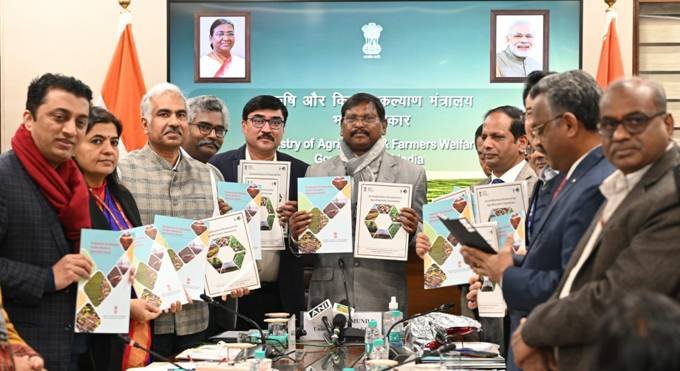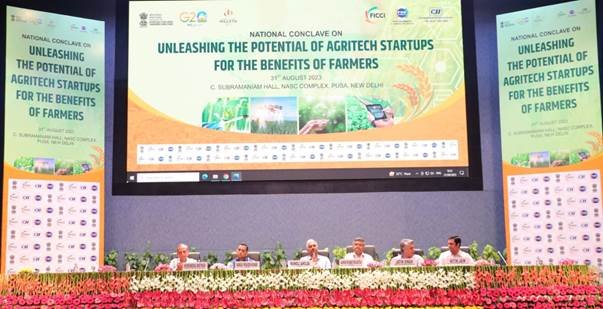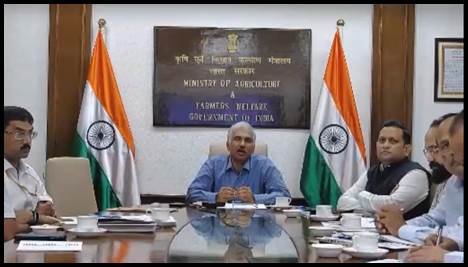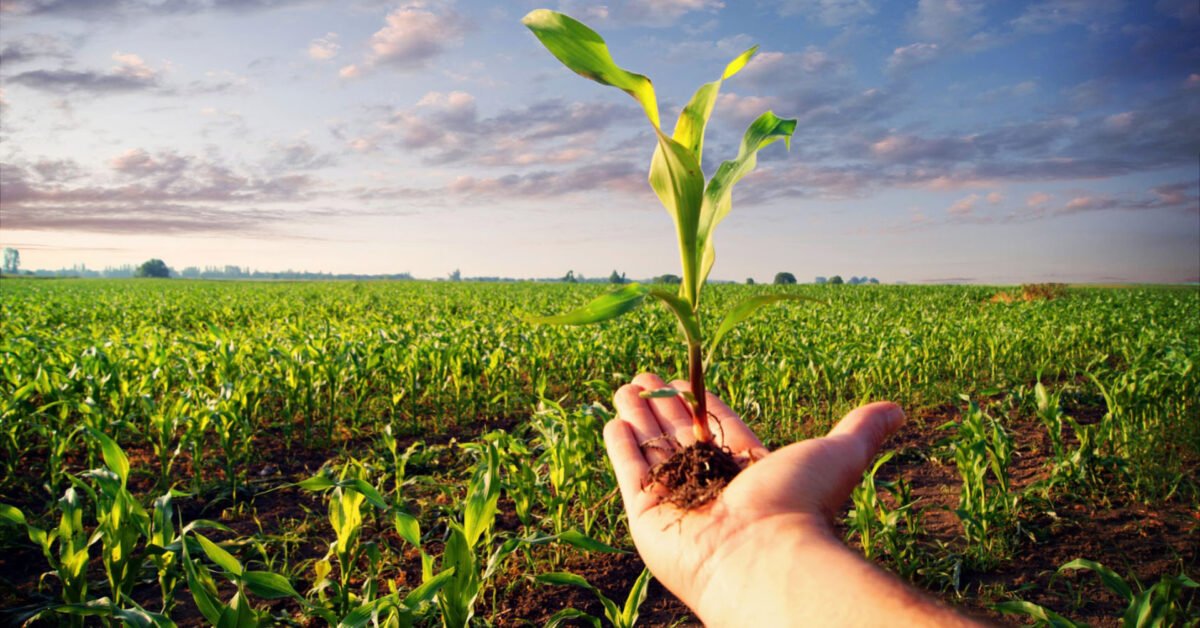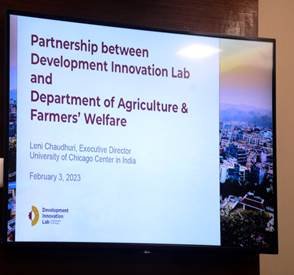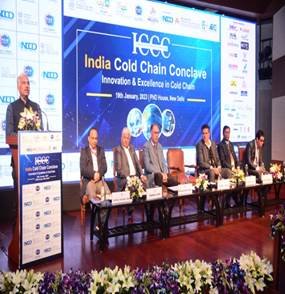Google Arts & Culture and Ministry of Agriculture launches digital exhibit on Millets
The exhibit delves into the many superpowers of millets, showcasing their diverse varieties, cultivation methods, and culinary uses.
In collaboration with India’s Ministry of Agriculture and Farmers Welfare, Google Arts & Culture launched a new digital exhibit, “Millets: Seeds of Change,” celebrating the rich history and growing international importance of millets, of which India is the world’s largest producer. The digital exhibition highlights the history of millets from ancient grains to modern-day superfoods, as well as their nutritional benefits, contribution to global climate resilience, and potential to address global food security challenges.
The exhibit delves into the many superpowers of millets, showcasing their diverse varieties, cultivation methods, and culinary uses. It features simple and delicious millet recipes from celebrated chefs like award-winner Chef Thomas Zacharias, who is leading a millet revival movement. Interactive elements like quizzes and crosswords allow visitors to test their knowledge and engage with the content in a fun and informative way.
Launching the exhibit at Krishi Bhavan, Manoj Ahuja, Secretary, Department of Agriculture and Farmers Welfare stated: “When India spearheaded the UNGA resolution to declare 2023 the International Year of Millets, we did so with the objective of sharing our agricultural practices and experiences with the world. We were gratified to see ‘Shree Anna’, which holds immense potential for multiplier impact – including offering India’s small farmers a doorway to prosperity – receiving interest during the global G20 Summit. Our hope and ambition are that the conversations that have been generated over the past year translate into the advantages of millets spreading farther and wider. I thank Google Arts & Culture for supporting us in this endeavour with a dedicated digital exhibit.”
Amit Sood, Director, Google Arts & Culture remarked on the collaboration: “Google Arts & Culture is dedicated to leveraging technology, offering global audiences an interactive way to engage with cultural and historical treasures that shape our world. We are proud to have worked with India’s Union Ministry of Agriculture and Farmers Welfare to celebrate one such prime example from the ancient world that is capable of transformative impact – for the world of today and of tomorrow. Given its long-standing versatility in addressing multiple nutritional and sustainability challenges, it is little surprise that millets are witnessing a global resurgence. We are glad to lend our technology and platform to support the growing popularity of this food group.”
The exhibit delves into the many superpowers


